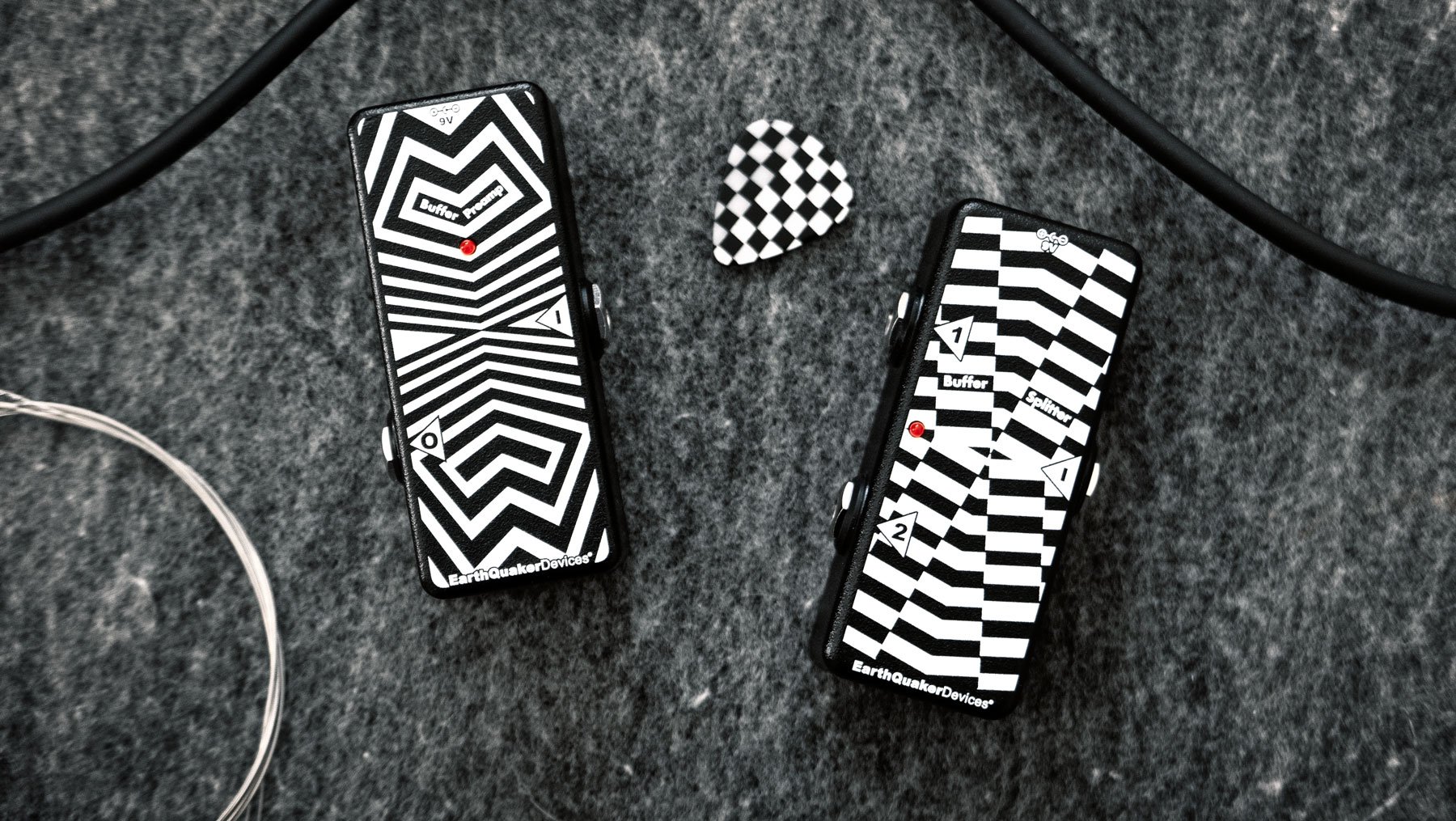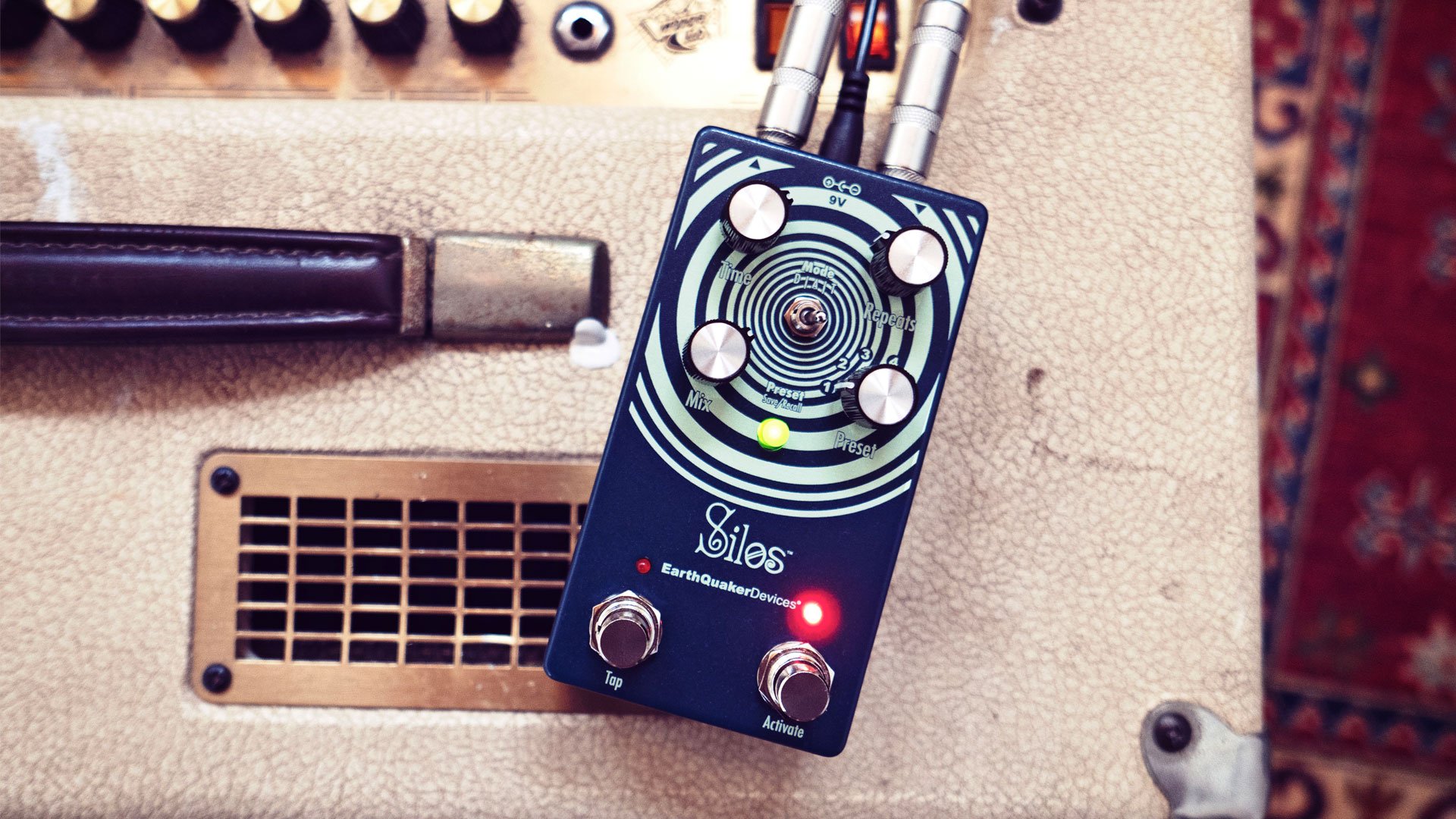Black Belt In Boundaries: How Setting Boundaries Can Make You A Better Bandmate
Luke Jenner
WHAT IS A BOUNDARY?
Boundaries come in many forms, but for me, boundaries are for you, not the other person. The other person can feel however they want about your boundary. For example, if you stop drinking and your bandmates are bummed about that. That’s about them, not you. It might be awkward to be on tour with someone who you feel like hates you. Someone who you used to hang and party with, but if that’s what you gotta do for your own health it’s ok. People are allowed to feel however they want about your boundaries, and you don’t have to change them. Very often in dysfunctional relationships people push boundaries. Bands are the same.
WHY ARE BOUNDARIES NECESSARY?
Boundaries are necessary to form a sense of self. If you can’t make boundaries, it can be hard to trust someone. If someone can’t tell you what they like and don’t like, it can be hard to trust them. You might do something they hate and they won’t be able to tell you. They might not even know themselves until it’s too late. Until you’ve been doing something they don’t like for so long that they might have to end your band when they figure it out. Boundaries also can give us a sense of purpose and belonging. We are able to find out who we are by having a voice and learning to use it. In a band that can be difficult because one person might be in control all the time and dictate what happens. How you dress and what you sound like. They might tell you who to hang out with. Who is cool and not cool. They might even tell you where to get your hair cut or what kind of guitar to buy. In these situations it’s easy to get lost.
BANDS ARE A RECREATION OF FAMILY
In my experience, a lot of people in bands come from homes where there were no boundaries, or too many boundaries. Boundaries can also be a form of control. Boundaries aren’t meant to control other people. They are there to preserve your inner core. I would much rather communicate with someone who knows who they are and how they feel than someone who doesn’t. Sometimes, in bands, people pick those who mirror their dysfunctional and controlling parents. Or a sibling who is an addict or control freak. The fantasy is that this time we will win. This time this particular person won’t hurt us again the same way that so-and-so did. Often we find ourselves on tour in some foreign town wondering why we feel so bad. Only to figure out we were duped by ourselves into being in a band marriage with someone eerily familiar.
WHY ARE FAMILIES DYSFUNCTIONAL?
Codependency is the root of all addictions. Codependency means a lack of boundaries, or messy boundaries. Where you begin and I end is murky. Bands thrive on this. Lots of great songs and powerful relationships were formed with this as their blood. Human history is full of stories where families survived because someone put their family member ahead of themselves. Play the song, right? That’s all hunky dory in the short term, but what if that leads to you twenty years down the road feeling really stuck because you never developed your own identity or you can’t make a living doing anything other than being on tour.
HOW CAN YOU HEAL YOUR BAND?
Healing your band or healing anything has to start with the individual. It’s really easy for me to tell you what to do when I haven’t handled my own shit. Ultimately that just leads to more problems. Working with a coach or therapist can be helpful. Many a band member and musician has benefitted from therapy. John Lennon hired the dude who wrote the book Primal Scream to follow him around on tour for a while. He’s a problematic character and maybe not the poster boy for healing, but he tried. He started a very difficult talk about what it means to heal.
WHAT IS A LIFE COACH?
Life coaches are different from therapists in that they typically share their own experiences. A therapist might say, how do you feel about that, and then wait for you to answer. A coach might say, here’s how it works for me. Or give some direction. With my clients, I like to let them decide where they wanna go. What they wanna work on. How often we work and so on. Usually once a week, every two weeks, or once a month. Sometimes I give them homework. I’ve been to every kind of healer, and currently work with a coach in New York. She’s 70 and has had four careers, a healthy marriage and a good relationship with her partner. I think the best way to find a coach is to look for someone who has what you want. A therapist might not be willing to tell you all about their life and their experience. That’s generally against their craft. But a coach probably will. I once heard it said if you’re looking for a guru don’t ask them what their relationship with god is - ask them what their relationship is with their significant other. See if any of your friends work with someone they like and what their experience was or is. Or you can reach out to me and ask me some questions. Or both.
What not to do… (also a brutal and honest look at pretty much every problem emotionally in rock and roll).
This guy isn’t technically a coach, but the way he operates is probably the closest to what I do.
Luke Jenner grew up in San Diego with a a British bi polar suicidal art therapist mom and a PhD business professor semi pro surfer father. Obsessed with baseball and collecting things as a kid he went to his first DIY shows in high school. Quit the baseball team and borrowed a guitar from the kid who replaced him. Sometime in college as a philosophy major he dropped out and went on perpetual tour and became a professional cool guy as lead singer of the band The Rapture. His mom’s final successful suicide attempt in 2006, the birth of his son, and the death of his previous therapist George Kamen (from LCD “Someone Great” fame) caused a major reckoning in his life. After many world tours and Coachella visits he got sober in 2008 and invested heavily in 12 steps. After being in therapy with The Rapture for several years and enjoying a healthy marriage after a lot of work he began coaching people during the pandemic formally. His clients include artists and non-artists. Famous and not famous. He also does marriage counseling and enjoys working with multiple people in the same family system. He has ambitions of doing life coaching for bands and the San Diego Padres. Luke can be reached here.





